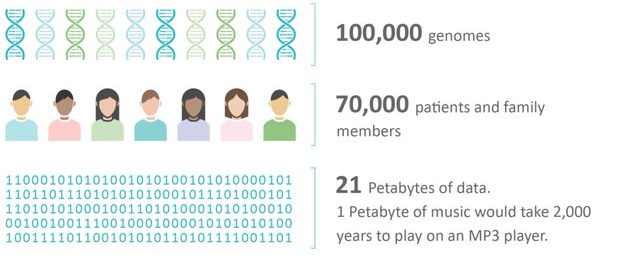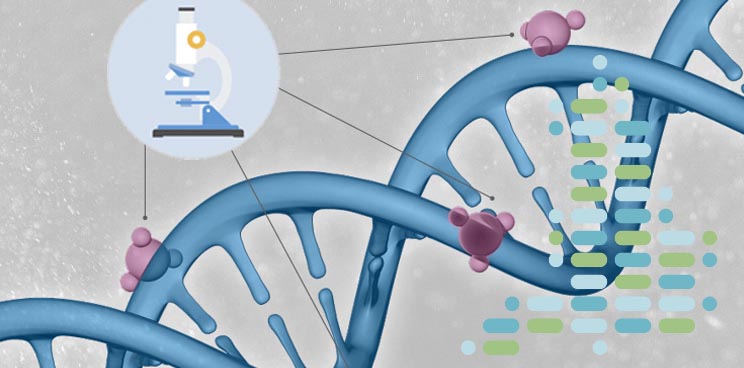Newsletter Signup - Under Article / In Page
"*" indicates required fields
Genomics England (UK) today announce a partnership with the Next-Generation Sequencing Giant, Illumina (US), to develop a platform that can be used to improve and automate genome interpretation as part of the 100,000 Genome Project.
![]() The tools will operate within the Genomics England secure database to enable researchers and clinicians to access information and reports more readily.
The tools will operate within the Genomics England secure database to enable researchers and clinicians to access information and reports more readily.
Genomics England is a well-backed subsidiary of the UK Department of Health. Pioneering its 4-year planned Genomics England project with the NHS service, it aims to sequence up to 100,000 whole-genomes from patient samples of certain diseases sourced from across 11 UK NHS hospitals (now ‘Genomic Medicine Centres‘).
This is currently the largest national sequencing project of its kind in the world, and in particular is focusing on patients with rare diseases (still a ‘blue ocean’ for Biotech), and their families, as well as patients with common cancers.

This partnership also includes the ability for Genomics England to work with Illumina’s other tools, NextBio (a clinical genomics database) which the 100K genome data-set will be used to help pilot, and BaseSpace (a cloud management system for NGS data). As Sir John Chisholm (Executive Chairman of Genomics England), explained:
This agreement allows Genomics England to access Illumina’s bioinformatics knowledge and experience to support our ambitions of transforming patient care and research.”
Other US partners on the project include the “Berg Interrogative Biology” program from Boston (US). Berg pioneers a form of artificial intelligence (nicknamed ‘Betsy’) to trial a data-analysis solution for tackling the massive amount of information generated by the project.
These sort of tools will enable cohort analysis of complex phenotypic and genotypic information from genomes, hopefully speeding up research into personalised medicine and rare disease.
I mean, this is great news, but I’m surprised such a collaboration hadn’t already been established.






